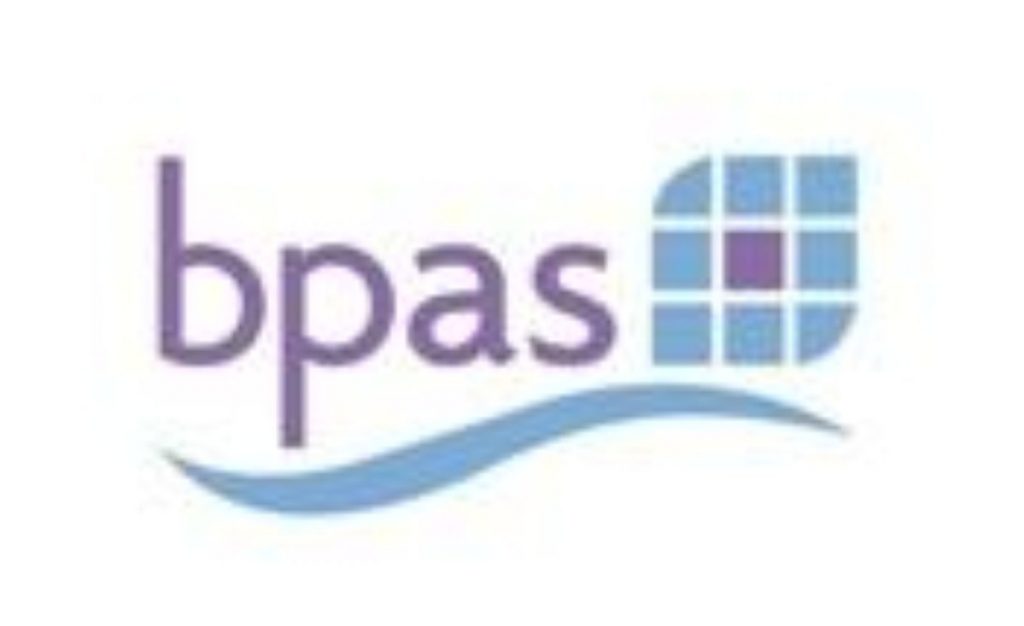bpas: ‘New abortion guidance shows home-use of medication is safe, as anti-abortion group joins High Court action’
New abortion guidance shows home-use of medication is safe, as anti-abortion group joins High Court action.
The British Pregnancy Advisory Service (bpas) welcomes the release this week of new provisional guidelines from the Royal College of Obstetricians and Gynaecologists on medical abortion in the first nine weeks which note the weight of evidence showing it is safe for women to administer the abortion medication misoprostol at home. [1]
The charity is going to the High Court on Friday, January 28, to seek a re-interpretation of the 1967 Abortion Act which would enable women to use this medication at home in early pregnancy, after it has been prescribed and issued in a hospital or abortion clinic.
The Department of Health is contesting this action. bpas now understands that lawyers from the Society for the Protection of Unborn Children (SPUC) will join those representing the department in opposition to bpas’ case at the court on Friday.
“Treatment for the termination of pregnancy” is currently defined by the Department of Health as meaning that all abortion medication must be both prescribed and administered in licensed premises. bpas would like to see a modest change in the way the law is interpreted which would mean drugs are prescribed and issued – but not necessarily administered – on these same premises. At present, women must come back and forth to obtain two separate sets of medication, usually taken 24-48 hours apart. Allowing women to take the second medication, misoprostol, home with them after the first appointment to administer at a time most suited to them would bring the UK into line with practice in other countries, including the US, France and Sweden.
bpas does not believe that in 1967 or during any subsequent amendment to the law, parliament’s intention was to apply a restrictive meaning to the definition of treatment in order to make abortion a more unpleasant experience for women. We suggest that MPs’ primary concern has always been to ensure that, where legal, the procedure is delivered safely. This is at the heart of bpas’ legal challenge.
“We have received legal advice that our protocol for home-use would be lawful, but understand the DH has received advice to the contrary. It is now for the High Court to decide whose interpretation of the law is correct,” said bpas’ chief executive Ann Furedi.
“If the court decides in our favour, bpas looks forward to offering women the option of clinical services that match international best practice. If the court rules that our interpretation is not possible, it will show that the current law is not fit for purpose and needs urgent reform.
“No one, except those who oppose abortion in principle, claims that the choice we want to offer women is unsafe or inappropriate. Services should be guided by clinical evidence and not political prejudice.”
For more information, please contact the bpas press office on 0207 612 0206 or 07788 725185
www.rcog.org.uk/files/rcog-corp/TheCareOfWomenRequestingInducedAbortion_PeerReviewDraft_Jan2011.pdf





-01.png)